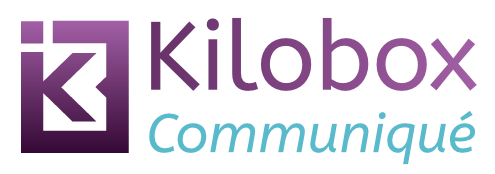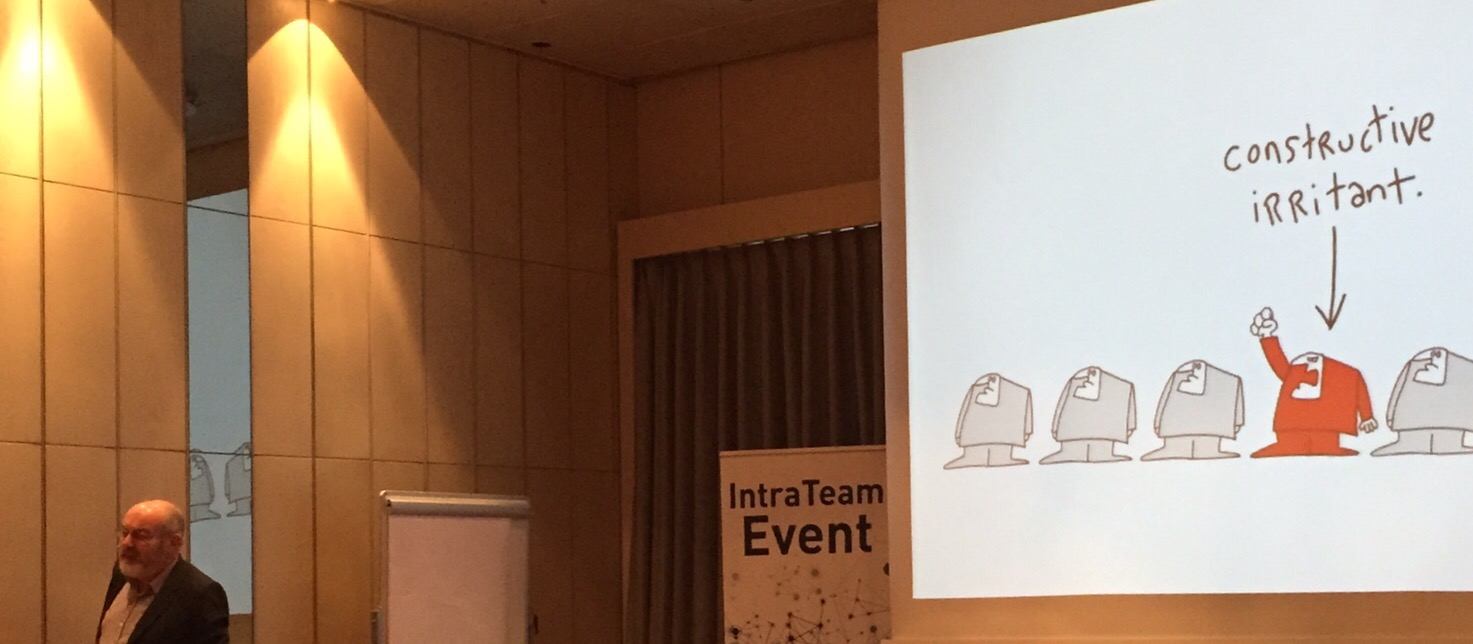Humans are very good at creating ordered systems. This is how we have chosen to work – the process. The process. The process.
We also have to deal with chaotic systems (which David says is yet to have an agreed definition). Not a natural phenomenon. No constraints. Random (says David.)
Complex systems – we need to manage the positive attractors to direct behaviours. When things go wrong, we need to increase the constraints. It’s an evolutionary system – you cannot go back. You cannot start again. You cannot predict outcomes. Amplify what you desire, dampen what you don’t.
See Cynefin’s sense-making framework. And Dave’s slide. (This framework could, it strikes me, direct one’s approach to everything – from raising a family to leading business. This is systems thinking. No it isn’t. Is it?)
“Complex systems have propensities and dispositions, but no linear material cause.”
Social networks are unstructured (and great for finding stuff) but intranet navigation is ordered and structured…
Basic process design seeks the simple, single way. Better processes accept variation. (Think about all the ways you can start creating a new document on your computer – there isn’t one way.)
Writing in the margins of your text books helps you find the information you want decades later – better than search. Humans are better at recognising complex / complicated patterns than keywords.
We evolved as malicious gossip – we tell stories about failure. Learning like this leads to novelty. Success does not.
Muscle-memory takes two years – the body and brain have to evolve together. Important for learning to drive. But also computer systems. Our brains rewire around our tools.
Dave reminded us that language affects understanding, and those people who choose not to get into specialist vocabulary are choosing not to think. (Double plus good.)
"If you don't change the words you use, you will not change the way you think" – Good point from @snowded on specialist language #IEC15
— Martin Risgaard (@Risgaard) February 26, 2015
The brain is not a catalogue / library.
David expects intranets to fade away – but only when IT departments allow app deployment. The future is distributed; ties will be weak and loosely coupled.
“The intranet is going to die.”
We will move away from single systems, onto distributed systems.
Scalable ethnography
Meaning does not reside in text.
Employee surveys? Don’t ask for evaluations, ask for descriptions.
Allowing ambiguity provides richer data. Example: describing poor water rather than categorising it increases fault reporting at a water company (ooh, which one?).
Homework: learn Cynefin’s framework, and how to nudge each quarter. Stop evaluating things and start describing things (narrative). Sit and investigate each sharp sentence above. David had hundreds of info-dense phrases. The meaning matters.
The Organisation as a Loosely Coupled Network… #iec15 pic.twitter.com/yH2oFbFNuW
— Francis Rowland (@francisrowland) February 26, 2015
- Compare my article with the insights from Sam Marshall and Samuel Driessen – in Kurt’s round-up of write-ups.
- See all the IntraTeam photos.
- Full video of David’s presentation, via IntraTeam.







